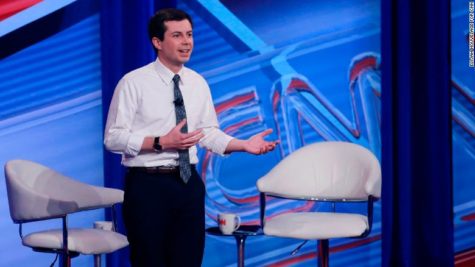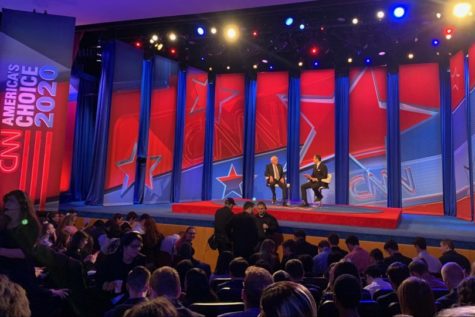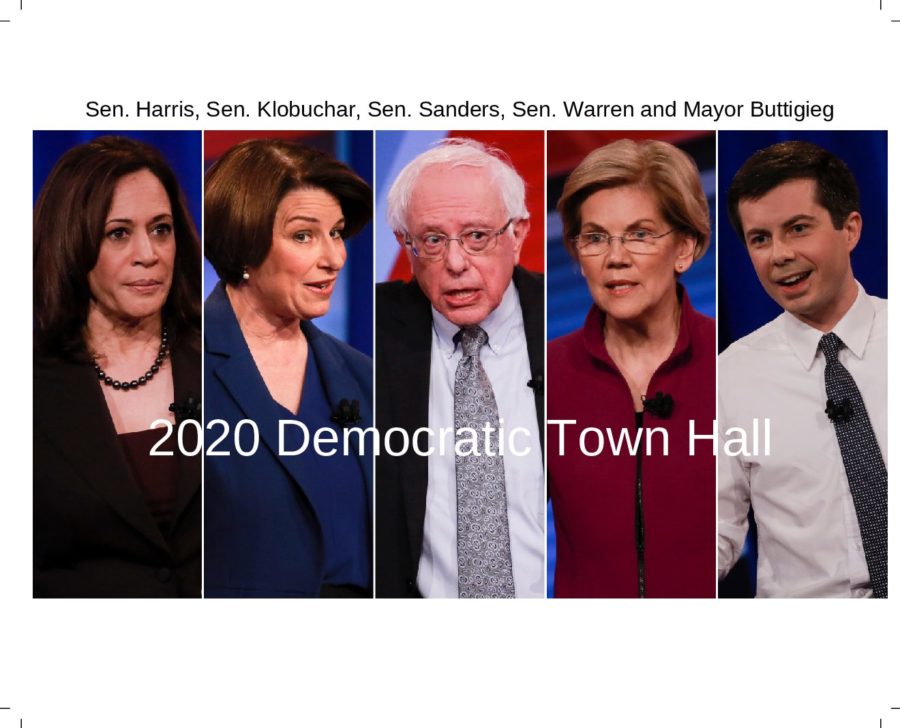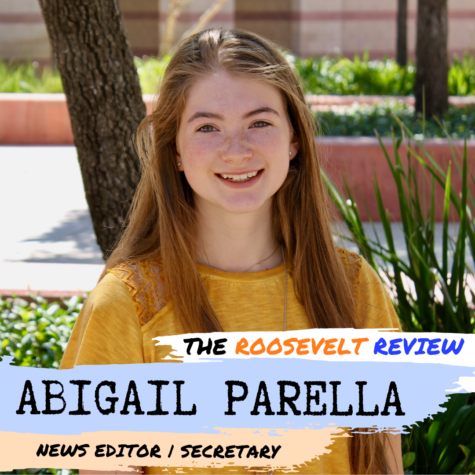2020 Democratic Town Hall
April 26, 2019
Five democratic presidential hopefuls sat down for five back-to-back town halls in Manchester, New Hampshire with an audience filled with young voters.
Sen. Amy Klobuchar, Sen. Elizabeth Warren, Sen. Bernie Sanders, Sen. Kamala Harris, and Mayor Pete Buttigieg all took questions from the audience to lay the beginning foundations for their campaigns.
Mayor Pete Buttigieg a Crowd Favorite

On Monday, Buttigieg declined to engage with a Trump administration official after accusing him of pushing a “hate hoax” back-and-forth with current Vice President Mike Pence.
US ambassador to Germany accused Buttigieg of using the feud to further his presidential prospects.
” I’m not a master fishermen,” said the south bend mayor on Monday; “but I know bait when I see it and I’m not going to take it.”
Pence, widely known for his religious and conservative ideals; and Buttigieg have traded blows in the media, mainly regarding his sexuality.
Earlier this month Buttigieg spoke at the LGBTQ Victory Fund National Champagne Brunch in Washington; “If me being gay was a choice, it was a choice far, far above my pay grade. That’s the thing I wish the Mike Pences of the world would understand.”
” God has no political party,” he articulated when asked about how he would use his strong religious values and political mindset to unite the political parties.
The subject of impeachment was also brought up as well as the popular topic of incarcerated felons being allowed to vote.
While Buttigieg was questioned about the lack of policy information on his website be responded that he has made he’s ‘ been very clear where he stands’ and the lack of information on his campaign page in no way effects his dedication to his perspective role.
Major Topics
Student debtors had a big winner at the event on Monday. Out of the many questions asked, several questions asked the candidates to address what they would do about student loan debt- not only for current and future generations but also for generations of Americans who have already left school and are still paying their student loans.

Photo Credits: unknown
Senator Warren released a proposal on Monday, one which would forgive up to $50,000 in student debt for house incomes making up to a $100,000 per year, with some forgiveness for households that make up to $250,000 a year.
This particular topic was of major concern to the demographic that attended these town halls; the majority of which were college age students, a startling number being Harvard undergraduates.
Many seemed to like the plan Warren proposed and proceeded to ask the other four participants if they would support a plan similar to Warren’s, and if not why they deserved their votes.
Foreign policy was not largely discussed, with a total of three questions about global relations and foreign policy for each candidate. Calling into question what is to happen to the rest of the world in the up coming years.
The questions revolved around Israel, US relations with countries who execute LGBTQ citizens and dealt with the United States priority on preparing for cyberwar.

While all the questions were important these three were the only ones that related to the rest of the world through the entire five-hour event.
The rest of the world seemed to not exist, Senator Sanders had to bring up Yemen unprompted rather than being asked by the hoard of CNN approved students.
The main problem that stems for the lack of question on this topic is the fact that foreign policy is one of the areas of which the president can work unilaterally, indicating that something is done by one person involved in a situation without the agreement of others. Meaning knowing the position of presidential candidates on foreign policy is extremely important when voting.
While the many questions that revolved around domestic policy were important, they will all have to go through Congress and might fail even in the unlikely event that democrats win the House-Senate-White House trifecta; while, foreign policy has few effective checks on the president to keep them from starting wars and undermining international agreements.
Similarly to the lack of issues that revolved around the rest of the planet, immigration, one of the most prevalent topics in todays political climate only had one question though the entire night.
The progressive movement also was a large topic of discussion, many of the ideas that were brought up during the 2016 election, that at the time were considered outrages, such as free health-care-for-all and serious economic reform are now very mainstream among the presidential hopefuls.
Some examples of generally more progressive ideas include; free colleges, climate change, and a single-payer health care plan that all candidates seem to be concerned with seeing passed in the very near future.
Regardless it is clear that the next president should have a more open and progressive mind on a host of issues that are beginning to take hold in todays political agenda, especially amongst the younger voters.
It is clear that the democrats are using the progressive ideals of much other younger generations to garner support in the impending presidential race. All eyes will be on the Democratic Party to put a formidable candidate up against incumbent president, Donald Trump, and it is obvious they are not lacking in intellect, charisma or tenacity.


